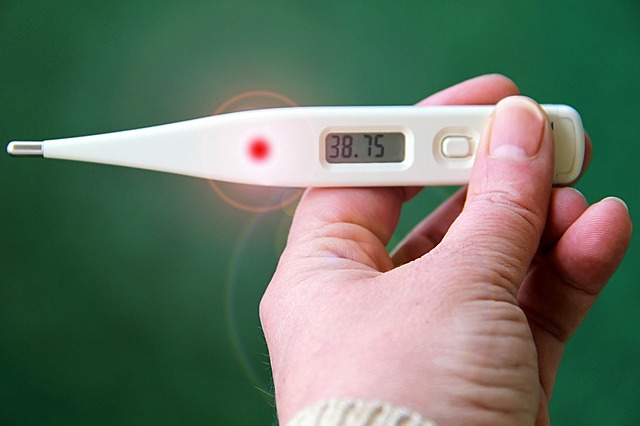
Watch out if you are obese, as new research suggests that medicine that we take for heart diseases like atrial fibrillation may become less effective in obese persons.
Recent research at the University of Illinois Chicago published online on journal JAMA has found that some antiarrhythmic drugs used to treat atrial fibrillation are less effective in patients with obesity.
Actually, scientists were curious whether obesity differentially mediates the response to AntiArrhythimc Drugs in patients with symptomatic Atrial Fibrillation (a heart disease).
Let’s try to find out more about this research, how the research was conducted, what made researchers conclude this?
Research methodology
It is a cohort study that was conducted at the University of Illinois at Chicago from January 1, 2018, to June 2, 2019.
A total of 311 patients of mean age 65 years with a documented history of Atrial Fibrillation and attempted maintenance of sinus rhythm with AAD were recruited.
Research also includes mice fed with high-fat diet for 10 weeks and then it was also evaluated.
Researchers were looking for these outcomes:
- Symptomatic response: Symptomatic response was defined as the continuation of the same antiarrhythmic (AAD) drugs for at least 3 months.
- Nonresponse: Nonresponse was defined as discontinuation of the AAD within 3 months of initiation because of poor symptomatic control of AF necessitating alternative rhythm control therapy.
- Outcome measures in DIO mice were pacing-induced AF and suppression of AF after 2 weeks of treatment with flecainide acetate or sotalol hydrochloride.
Also read: Heart failure & Diabetes: High risk of heart failure in diabetic women than men
Result
In this cohort study of 311 patients, those with obesity had a greater recurrence (30%) of atrial fibrillation compared with those who were not obese who received antiarrhythmic drugs (6%).
significant factors associated with failure to respond to antiarrhythmic drugs were use of sodium channel blockers, obesity, female sex, and hyperthyroidism.
Mice with obesity showed reduced association of flecainide acetate in suppressing pacing-induced atrial fibrillation vs sotalol hydrochloride. Meaning Possible reduced response to sodium channel blocker.
Must read: Postmenopausal women with more belly fat linked with heart disease.
Conclusion
Results suggest that obesity differentially mediates response to AADs in patients and in mice with AF, possibly reducing the therapeutic effectiveness of sodium channel blockers. These findings may have implications for the management of AF in patients with obesity.
Journal reference:
Ornelas-Loredo A, Kany S, Abraham V, et al. Association Between Obesity-Mediated Atrial Fibrillation and Therapy With Sodium Channel Blocker Antiarrhythmic Drugs. JAMA Cardiol. Published online November 27, 2019. doi:https://doi.org/10.1001/jamacardio.2019.4513
The author is a physiotherapist who has been practising for the last 17 years. He holds a Bachelor's in Physiotherapy (BPT) from SVNIRTAR (Swami Vivekananda National Institute of Rehabilitation and Research), one of the prestigious physiotherapy schools in India.
Whatever he learns dealing with his patient, he shares it with the world through blogs and e-books. He also owns a YouTube channel, "Sunit Physiotherapist" with over 8 lakh active subscribers. Here, he shares everything he gets to learn serving the patient.





